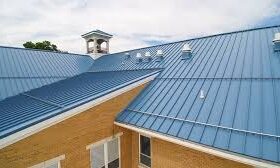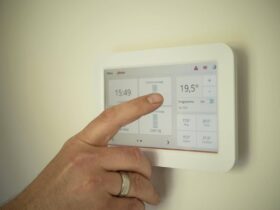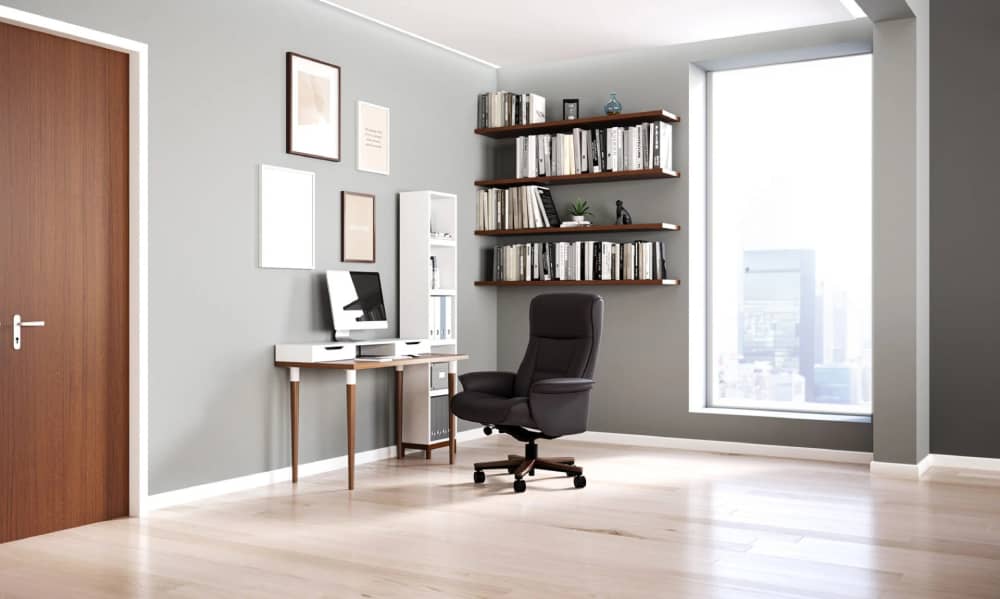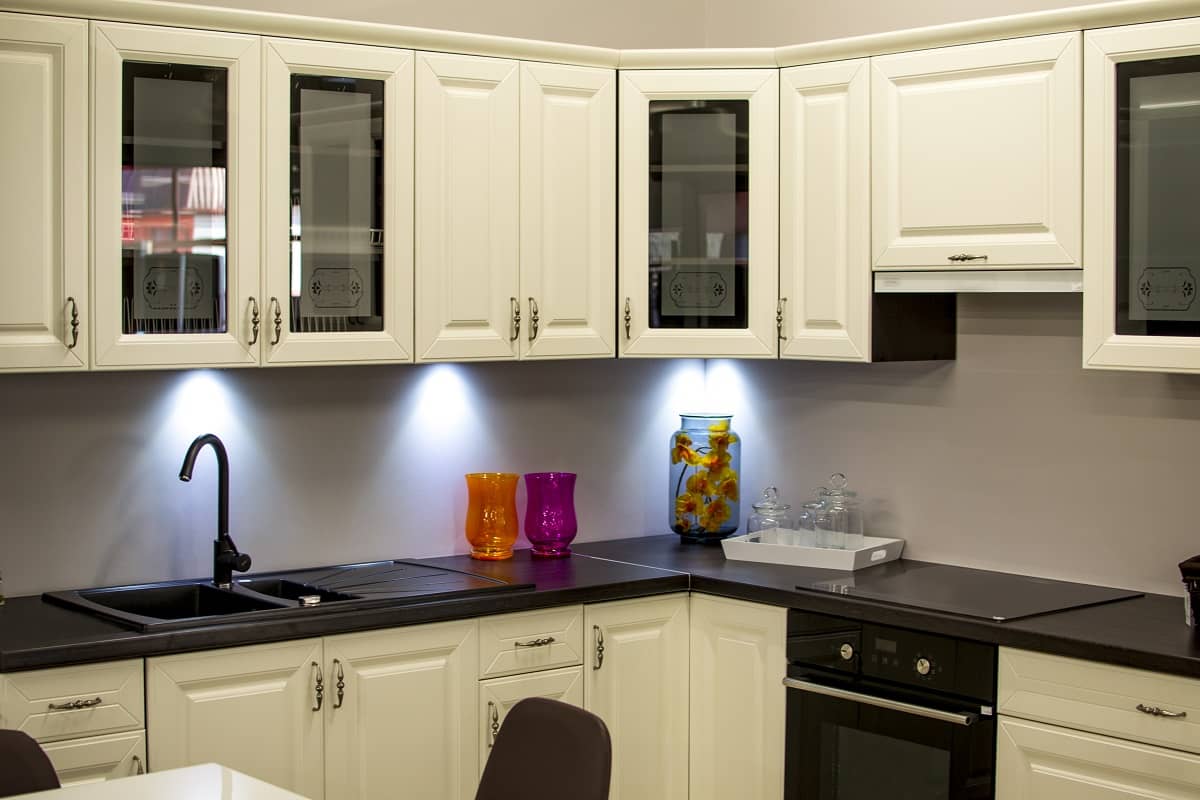In winters, you have many choices to heat your home. out of those choices, it gets difficult for you to choose the one that suits your needs and environment. Buying the right boiler for your home can be an overwhelming selection.
There are plenty of heating systems in the market to help you out through the winters. One of them is a boiler. They are one of the common home heating systems that heat the water and distribute the steam in the surroundings through pipes.
Before buying, you should run through a lot, such as different types of boilers, how they work, which suits best your lifestyle and budget needs, etc.
Types Of Boiler
Let’s check out some of the types of boilers.
- Gas boilers
- Oil-fired boilers
- Electric boilers
Gas Boilers
Gas boilers are energy efficient as they are gas models and use natural gas for their functioning. They keep on heating the water and pump the steam around your rooms and also pump the hot water to taps and showers, and also store the hot water in tanks for late use. They use less fuel as compared to oil and electric boilers thus saving you a lot of money. Also Read – 5 Ways to Save on Your Home’s Heating Costs
Oil-Fired Boilers
These boilers are commonly used in those areas which have less access to natural gas. They run on oil. You need to have an oil tank and your cost will be according to the fluctuations in oil prices. These boilers are installed outside the house as they use oil and replacing and maintaining it turns the home view into an oil factory and workplace.
Electric Boilers
Electric boilers are most commonly used in residential areas. Almost all modern houses are using these boilers. They are energy efficient but they are not economical as they run on electricity. Although they are costly, they are safe to use as you don’t need gas and oil to make them work and they also save space.
Factors To Consider When Buying One
When making a buying decision, you keep certain factors in mind from pricing to durability and seeking benefits from the one. However, there are several things you should consider when buying a boiler.
Hot Water Needs
Why do you think of buying a boiler? Of course, you need perfect warm surroundings for winters and your hot water needs and usage. So the first thing you consider is if they can fulfill your home needs. For example, if you have a large family then oil-fired and electric boilers can be your choice.
Cost
Another concern is the price. And it is not only associated with the on-time purse but after purchase as well. You need to see which boilers cost less in terms of fuel usage and servicing and maintenance costs. Read – 7 Ways To Save Electricity at Home
Climate Change
If you live in cold areas, then you must buy a boiler that suits your needs and budget, but if you live in warm areas, where you face less snowfall and other cold changes, a heating pump will do the job for you.
Boiler Size
The size of the boiler is an important factor in terms of its cost and efficiency. You should choose the boiler with the correct size for your home. If you buy an undersized boiler, it will work less efficiently and if you buy an oversized one, it will cost you more. You need a professional’s help to decide which boiler type will be best to give you warm and peaceful winters.
Maintenance Cost
Boilers need annual maintenance to ensure efficient working. For that, You need to consider the best boiler cover for your home to keep your boiler working throughout the winters. To save your money, you can also help yourself by trying to maintain your heating systems. Things you can do are:
- Keep checking the pressure valves
- Check out the pressure tank
- Drain the water for gas boilers to remove participates
- Check out the safety control system
- Inspect the water
- Check the fuel usage if needed
- Check the pipes in case they are collapsing
- Change the heating pump
Conclusion
The above information shows the different types of boilers, how they work, and which can be best suited for which types of climate and home requirements. After reading the above guide, hopefully, you make the best decision.
















